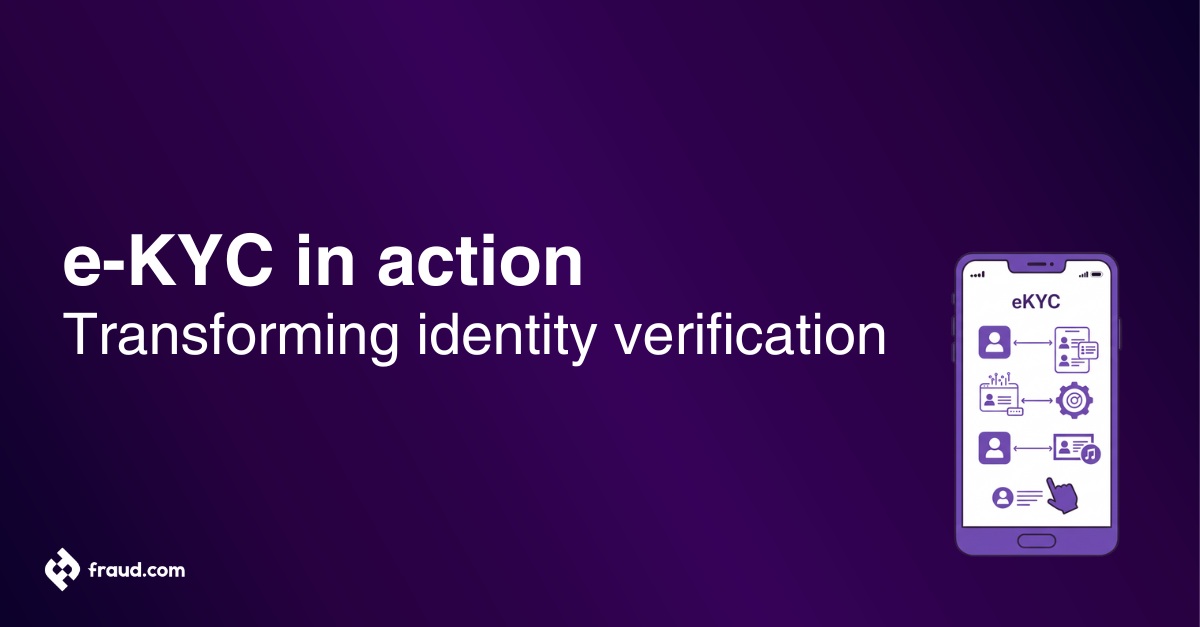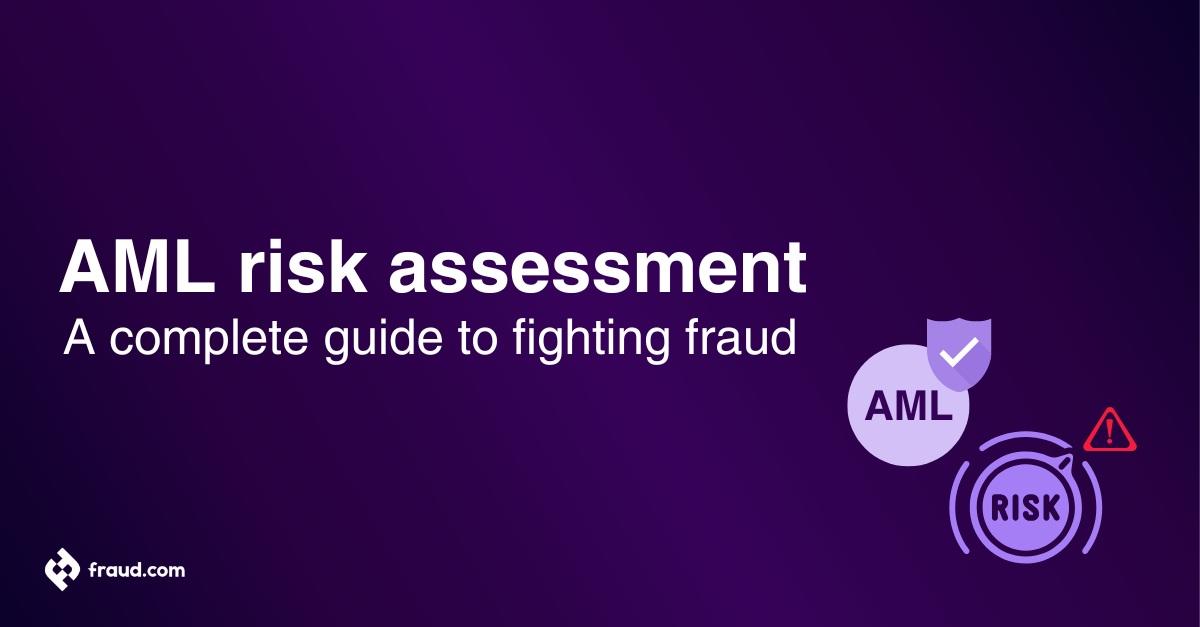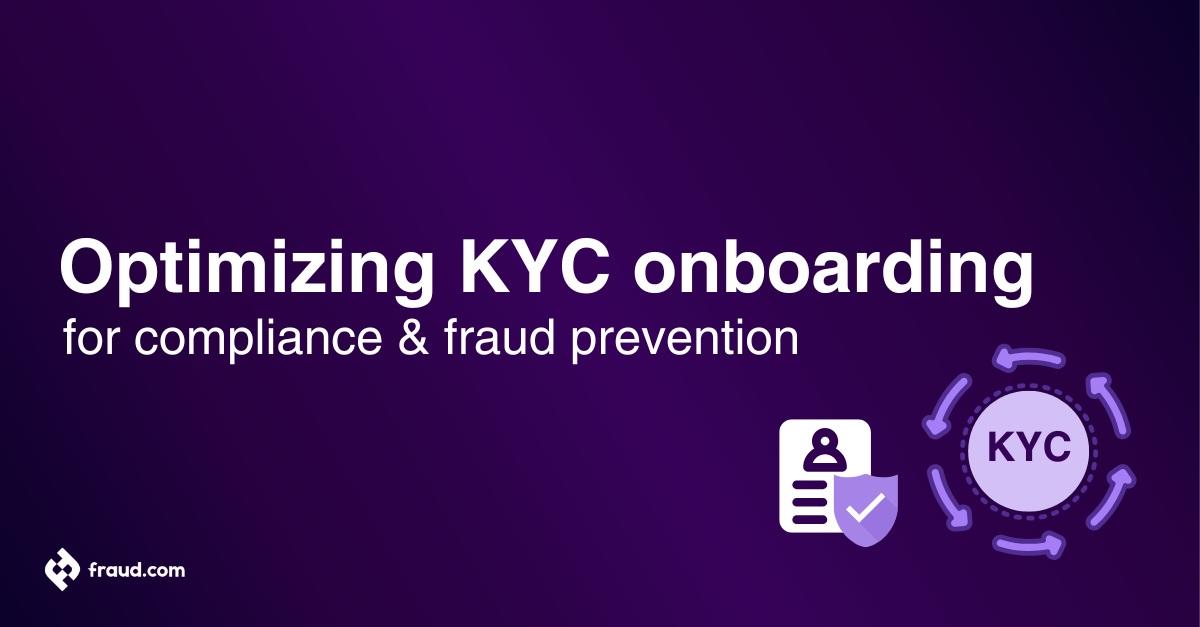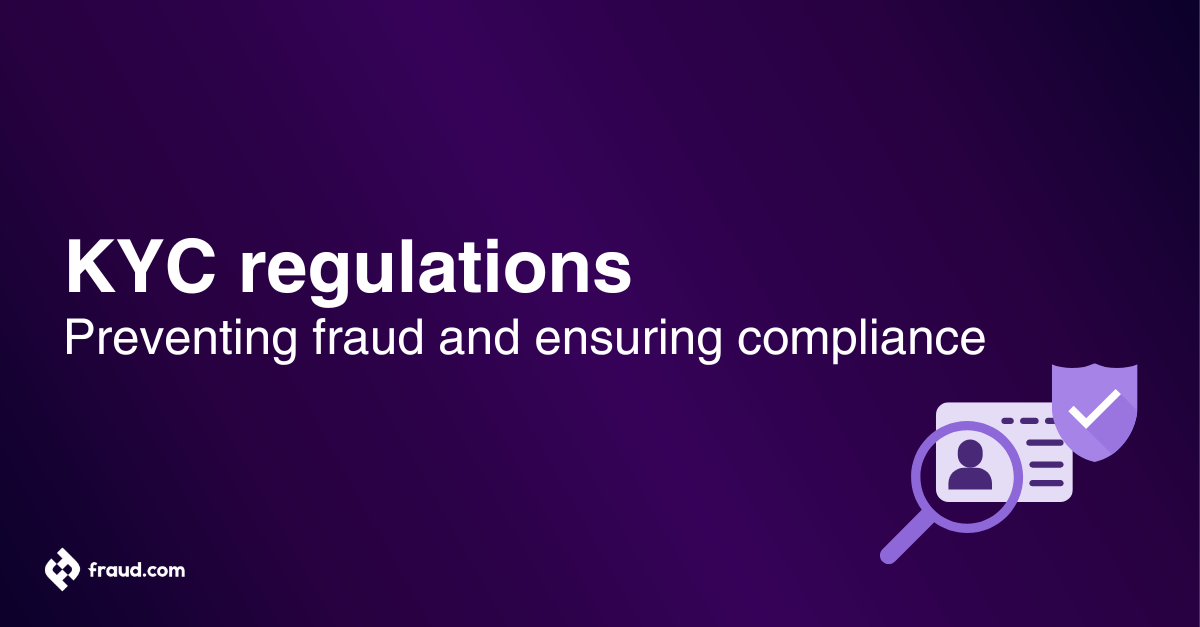Banking is a rapidly changing market. Digital technology has created a competitive and innovative market whereby financial institutions face off in trying to create a new customer experience going beyond simple banking transactions. Banking is now an ecosystem where customers can control every aspect of their financial lives, from getting a mortgage on their smartphone to cashing a check with a mobile app. Banking has changed for the better over the last decade, however, these innovative banking features come at a cost. It also presents an opportunity for criminals to commit fraud, victimizing both customers and banks. As technology has become more complex and sophisticated, so has financial fraud.
For banks, reducing fraud is the main goal of financial institutions around the globe. A SAS report found 70% of banks say their financial crime units are focused on reducing fraud losses. This is more prevalent in North America (mainly the United States) where 83% of banks have fraud loss as a key focus area, compared to just 57% in Europe. Fraud losses for banks can go beyond being simply a financial risk but morph into a reputational risk as well. In today’s media climate, news of a bank’s fraud issues can go viral in mere minutes, bringing negative attention from the media, consumers, and even financial regulators. Regulators may assess fines or other penalties related to fraudulent activity discovered which was not properly handled. Fraud management programs at banks must continue evolving with a banking environment that is more fast-paced than ever.
Table of Contents
ToggleCurrent Hurdles
Fraud investigation resources and processes are constantly evolving, such as the way banking is evolving to meet the needs of ever-changing customers. With this rapid change occurring, hurdles can challenge the effectiveness of fraud investigations at banks and financial institutions.
Regulatory Penalties
Banks need strong fraud investigation operations to not only avoid financial crimes but to avoid regulatory penalties related to fraud activities. The SAS report mentioned above also found 19% of banks surveyed reported being fined by regulators for financially related crimes, 66% of these companies with earnings between $75-100B. These penalties create a hurdle for financial institutions who must push capital towards paying regulatory penalties over investing in fraud management infrastructure. An enterprise-wide fraud management system would allow for banks to increase transparency of fraud investigations, which in turn lowers risks of regulatory fines. If a program is running in compliance with all regulations and preventing financial crimes from being committed, this shows the added value to investing in a strong fraud management program.
Talent Pool
Finding the right talent is crucial to having a quality fraud investigation program. The ways in which banks do business has changed substantially, and so have the needed requirements for fraud investigation units. Risk, compliance, business, finance, and IT are all areas related to today’s financial fraud landscape. Finding candidates strong in more than one of these categories can be a challenge. A data expert with deep financial knowledge while possessing keen business acumen would be hard to find with regular certainty in the market. Banks and financial institutions must find the right skill sets to work for their specific fraud investigation program. Possessing a diverse team of individuals from different backgrounds, expertise, skill sets, and experiences is a good option to address the hurdle of attracting talent to fraud investigation units.
Technology
More and more banks are migrating to digital banking, which allows customers to bank anywhere at any time. Remote channel banking allows customers to use applications to deposit payments virtually, no need to even step foot in a physical bank anymore. In a competitive market, banks and financial institutions are always looking for ways to use technology to meet the needs of today’s banking customers. Digital banking provides convenience for customers but also opportunities for cybercrimes to be committed. Financial institutions must invest in keeping fraud management systems on top of current and emerging trends in cybercrimes. Advanced analytics and data storage capabilities are core to dealing with fraud in today’s digital banking channels. Capturing more customer data not only means more storage is required from banks, but advanced analytics, such as machine learning, will be needed to run complex algorithms looking for fraud activity at a level humans can simply not replicate. SAS found that only 67% of banks surveyed have implemented machine learning as a technological solution for detecting and preventing cybercrimes. Machine learning will become a key function in fraud investigation operations across all banks and financial institutions in the next few years. With the emergence of digital banking, transactions are increasing at a rapid pace. Machine learning can automate manual investigation processes and streamline data to fraud investigation units who can work on more complex fraud alerts and issues.
The Path Forward
Technology will pave the way for banking moving forward. Banking will become even more digital, allowing customers to bank anywhere, anytime they like. For banks and financial institutions to keep innovating the customer experience, fraud management pieces will need to be in place to ensure fraud events are managed and prevented accordingly. When it comes to how banks should be proactive in battling fraud, it comes down to winning in three phases of fraud investigation operations: systems, processes, and people.
Systems
Investments in fraud management technology is a must for every bank and financial institution. Fraud investigation software that leverages machine learning and big data analytics can help automate manual review processes, allowing teams to have more time to spend on more complex investigations and other important fraud projects. Furthermore, fraud management must be holistic, creating an enterprise-wide view of fraud monitoring across all banking channels. This allows for cross-channel analysis which breaks down internal silos which can hide fraud activity from being detected.
Processes
Strong operational processes are also needed to leverage the strengths of both technology and fraud investigation teams. Both humans and machines must work in unison to detect, analyze and prevent fraud events from impacting the bank’s bottom line. Processes that properly allocate fraud management resources allows fraud investigation processes to be optimized leading to greater results for banks and financial institutions. While machines sift through data removing manual review processes, investigative teams can spend additional time reviewing complex and sophisticated fraud cases. Technology and teams are only as successful as the processes they implement in combating fraud. Process optimization should be a focal point for fraud investigation teams across the financial industry.
People
Computers can find the fraud, but humans must act on the fraud once found. Banks and financial institutions must focus on attracting and retaining diverse talent to create quality fraud investigation teams. Risk, compliance, finance and IT are all areas important to fighting today’s fraud. A diverse investigative team will increase innovative idea sharing, bring expertise from multiple areas relevant to fraud, and increase engagement towards the common purpose of decreasing fraud losses. With the right mix of people and technology, fraud investigation teams have the perfect resources to combat fraud coming from all directions.
Wrapping Up
Banks and financial institutions are changing the way we bank, making it more convenient than ever. However, this convenience comes with risk. These companies have the responsibility to provide safe banking services for customers to control all aspects of their personal finances. Fraud management will need to be proactive in how it adjusts to new ways of doing business. We are in a constant race with bank fraud coming from multiple directions, however we must always ensure we are one step ahead in the fight against fraud.









